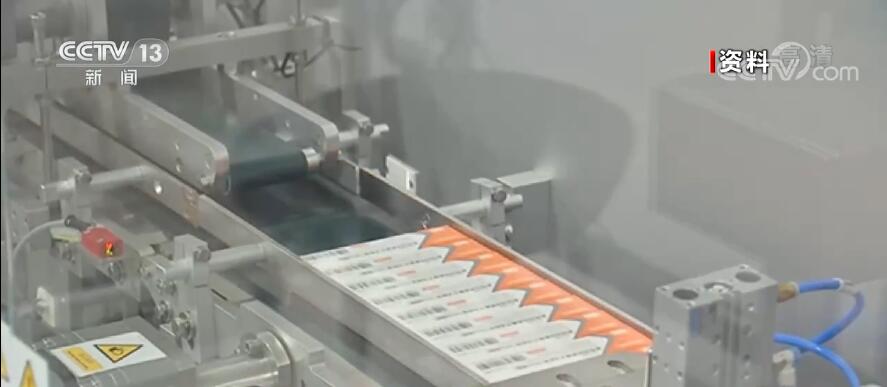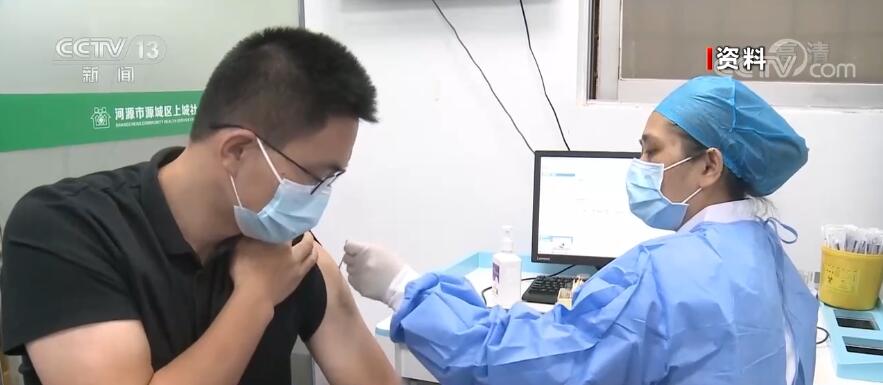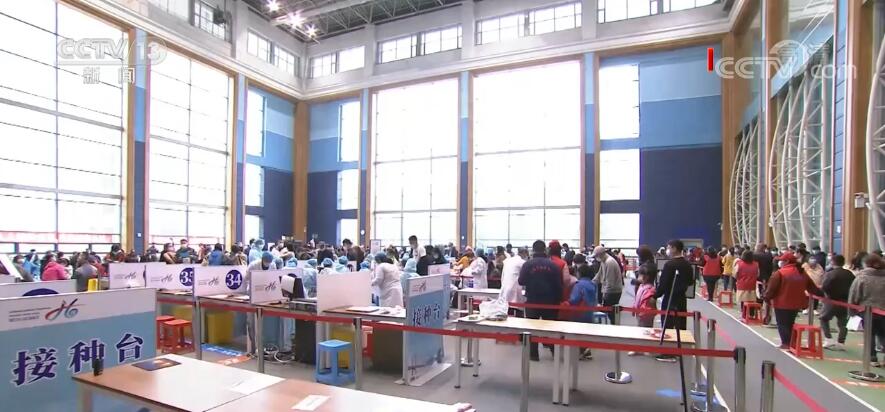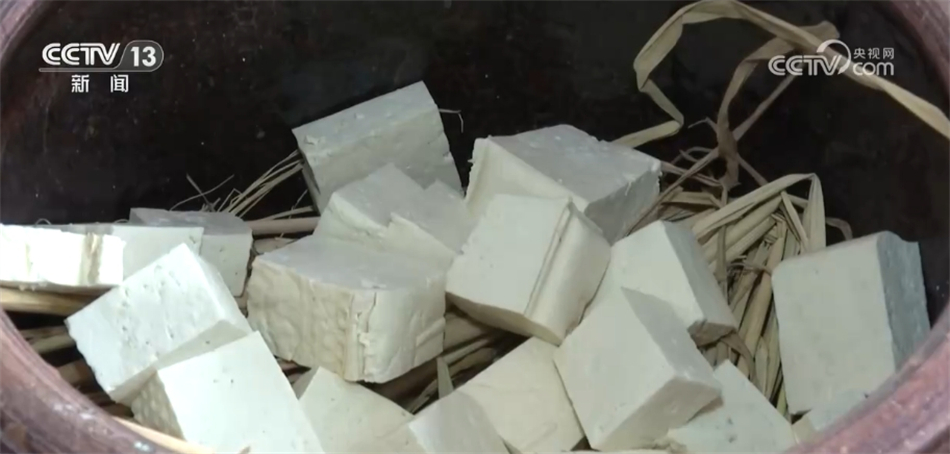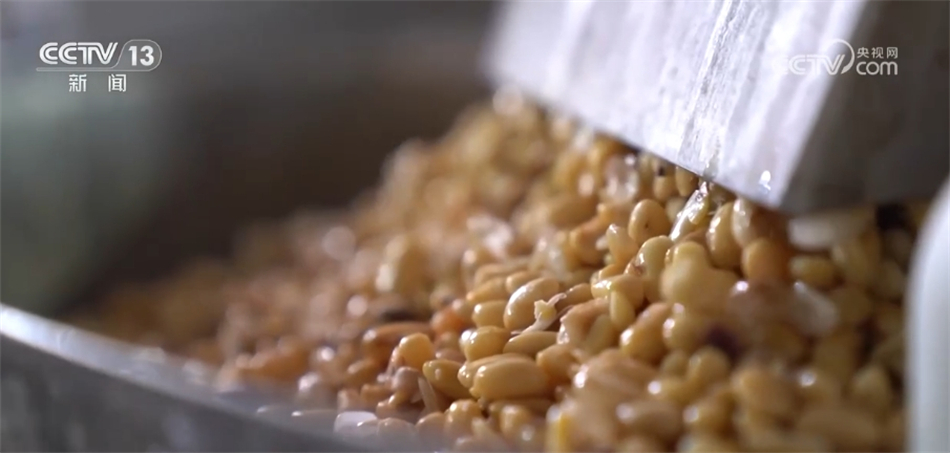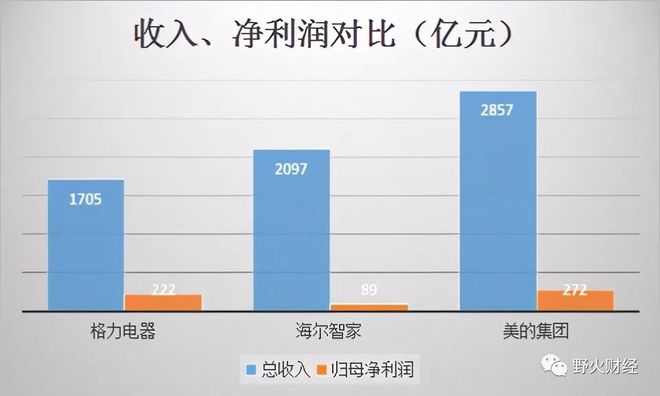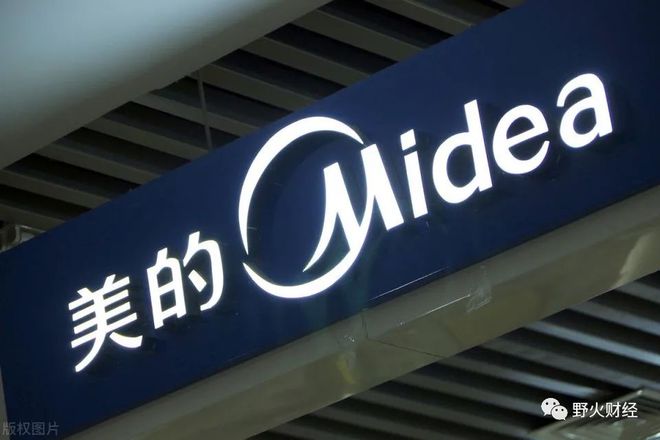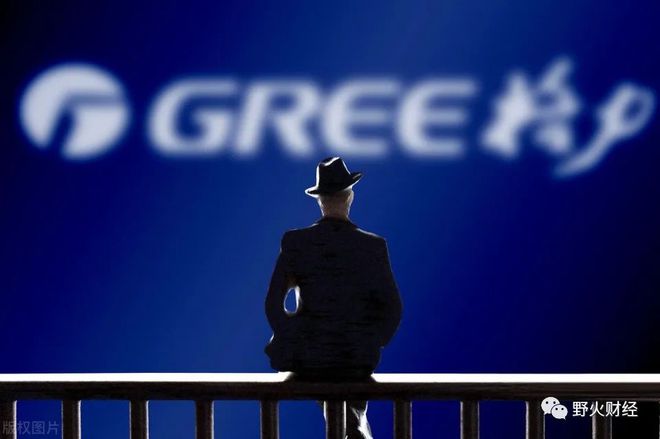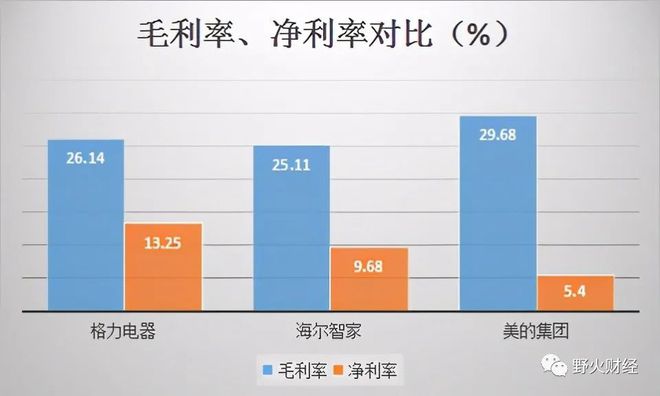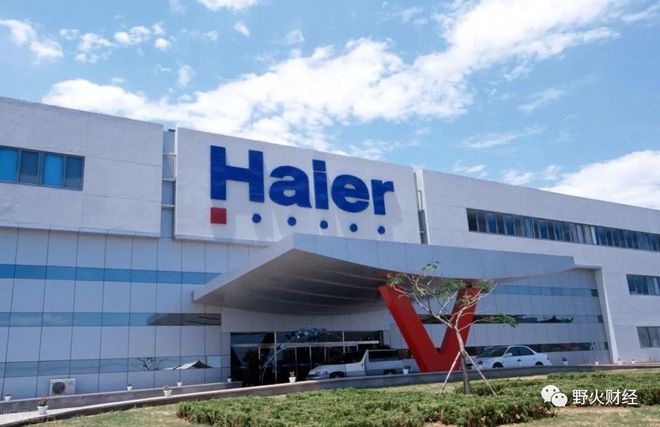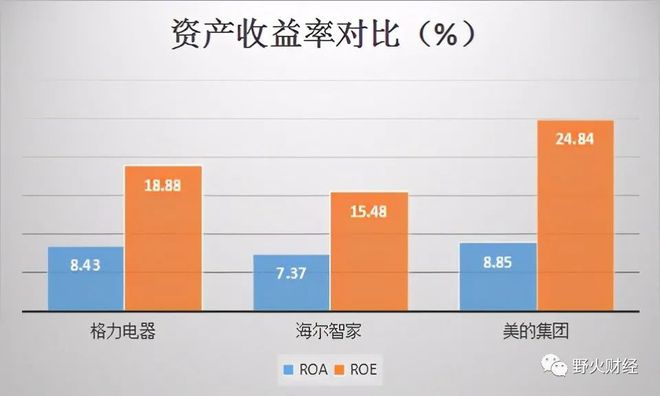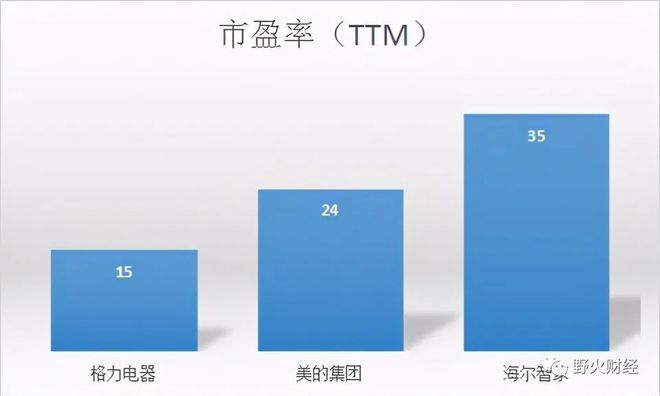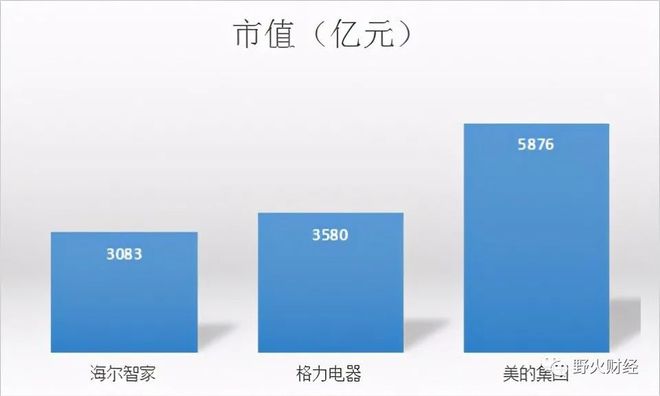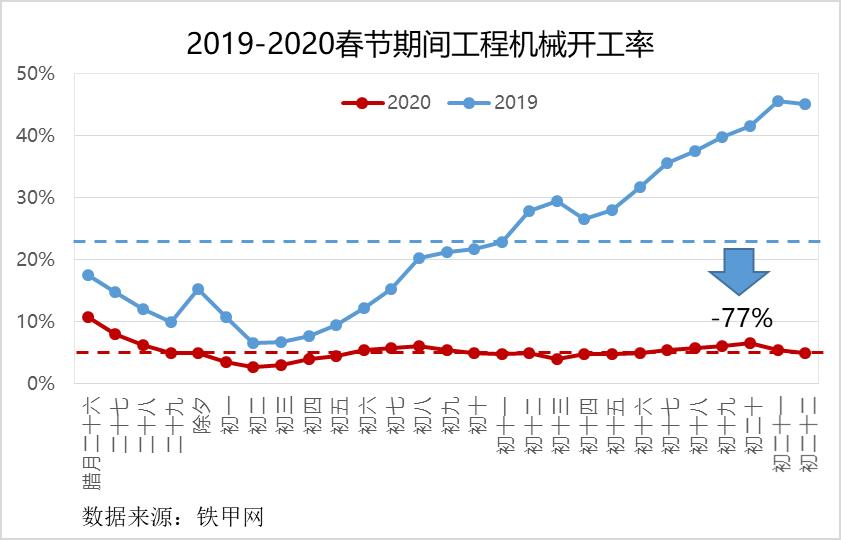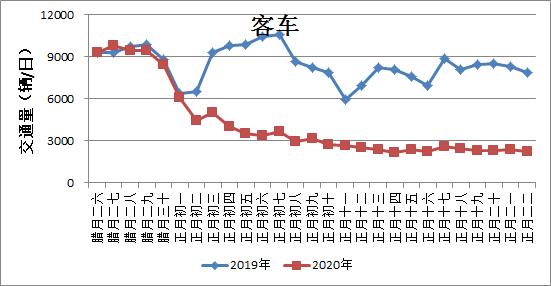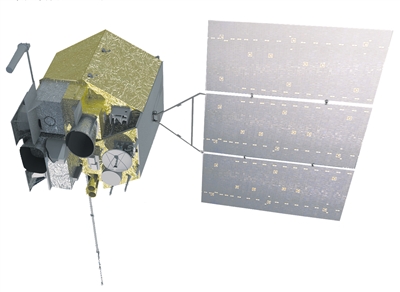
Fengyun-4 Satellite Photo courtesy of China Aerospace Science and Technology Corporation No.8 Institute
During the Tenth Five-Year Plan period, China plans to launch seven Fengyun meteorological satellites. By 2035, China’s meteorological comprehensive strength will reach the world advanced level, and meteorology will be deeply integrated into people’s livelihood security and industry development, and a meteorological power will be basically built. ]
Start wechat, a lonely villain stares at the earth. The first complete photo of the Earth released by NASA to the world is called "Blue Marbles". It was shot by Apollo 17 astronauts, and the perspective was over the African continent.
Whenever Chen Xiaojie, deputy director of the General Office of Meteorology and Environment of the Eighth Academy of China Aerospace Science and Technology Corporation and chief designer of Fengyun-4 satellite, opens WeChat, his thoughts will always fly to September 25, 2017 involuntarily.
That day was the day when China’s new generation of geostationary orbit meteorological satellite Fengyun-4 A star was officially delivered and put into use, and the WeChat startup screen changed its face accordingly — — The image is still the blue earth, but the location of the exhibition has become the Eastern Hemisphere, and it was Fengyun No.4 A star that shot it.
"The photo perspective is the earth observed from above China, and that feeling is very different." Chen Xiaojie has been deeply impressed by this.
At the beginning of 1969, a rare freezing rain and snow disaster swept half of China. At that time, only the Soviet Union and the United States had meteorological satellites in the world. Although China can accept foreign satellite cloud picture, it is only a simple "black-and-white image", and it is impossible to mine the original data and retrieve various meteorological elements, so its application is greatly limited.
On January 29, 1969, Premier Zhou Enlai put forward: "We should quickly change our backwardness and build our own meteorological satellite." In February 1970, Premier Zhou personally issued documents from the Central Committee of the Communist Party of China, the State Council and the Central Military Commission, and assigned the task of developing meteorological satellites. As a result, China’s meteorological satellite industry officially started.
Up to now, China has successfully launched 17 Fengyun series meteorological satellites, and 7 of them are currently in orbit. These satellites, which are the most "aware of people’s warmth and coldness", observe the changes of the earth in space, prompting us to add clothes and umbrellas.
According to the China Meteorological Bureau, China plans to launch Fengyun-4 B and Fengyun-3 E satellites in 2021, and seven Fengyun meteorological satellites are planned to be launched during the 14th Five-Year Plan period. "By 2035, China will establish a meteorological business system with accurate monitoring, accurate forecasting and fine service. The comprehensive meteorological strength will reach the world advanced level, and the meteorology will be deeply integrated into people’s livelihood security and industry development, and a meteorological power will be basically built." Zhuang Guotai, director of the bureau, revealed.
The fate was ill-fated, and the first star "died" after 39 days of launch.
On September 4th, 1988, Astrin Zhong, the chief designer of Fengyun-1 satellite, stood on the tower with a height of tens of meters, and his heart turned upside down.
That was the day when China’s first Fengyun satellite was originally planned to be launched. However, after the commander issued the "5-hour preparation" instruction, the control center suddenly lost all the telemetry signals of the satellite and the launch was terminated.
Ren Xinmin, chief designer of Fengyun-1 satellite project, ordered on-site inspection. Meng Zhizhong and Xu Fuxiang, then the chief designer of the attitude control system, climbed the tower with the test team and nervously performed "surgery" on the satellite. At this time, there are no guardrails around, and there are rockets filled with propellant under the satellite. Every movement should be careful.
What makes Meng Zhizhong feel stressed is that the scheduled launch time is approaching, and the stations around the country are already ready, constantly calling for news; From Beijing to Shanghai and then to the launch center, soldiers were deployed on the communication lines along the way, and everyone was waiting for the news of the launch at their posts. The troubleshooting work on the tower is progressing slowly, and Meng Zhizhong is both anxious and guilty.
It was not until the evening that the cause of the fault was finally found out. It was the CMOS circuit of the telemeter that had a "bolt lock" under certain circumstances. The test team took down the telemeter and repaired it overnight, and put it back on the satellite the next morning.
Three days later, Fengyun-1 A, which took nearly 10 years to develop, was successfully launched, making China the third country in the world with polar-orbiting meteorological satellites. However, after just over a month, the accident happened again.
On this day, the staff of the National Satellite Meteorological Center found that the received satellite cloud image gradually deviated, and finally only the arc of the earth could be seen. The satellite is out of control.
Zou Jingmeng, then director of China Meteorological Bureau, asked eagerly: Is there any other way? Meng Zhizhong was speechless.
Because there was no backup equipment installed, Fengyun-1 A star "died" in space in full view, only 39 days before its launch.
A rare satellite ground rescue in the history of world space flight
On September 3, 1990, Fengyun-1 B star was successfully launched. It can provide weather forecast for the 11th Asian Games in time, but after only ten days, it is abnormal.
Scientific and technical personnel completed the repair in time, but found a thorny problem: the satellite did not carry out anti-radiation reinforcement in component selection and software design. This loophole exposed the computer circuit chip to the bombardment of high-energy particles in space, which easily led to the problem of single event overturning, which would lead to computer malfunction and attitude control system failure at any time.
The loopholes cannot be filled, and the only way is to strengthen the monitoring of satellites and correct problems in time.
Astrin Zhonghe and Xu Fuxiang led the scientific and technical personnel to be divided into two working groups, which were on duty in Xi ‘an Satellite TT&C Center in turn. They use the opportunity of the satellite crossing the border six times a day to monitor its on-orbit work.
On February 14, 1991, in the New Year’s Eve, the satellite cloud picture suddenly distorted and rolled. In the next 75 days, the staff took turns on duty without interruption and began a rare satellite ground rescue operation in the history of world space. Like emergency doctors, they have revived Fengyun-1 B star again and again. However, frequent "operations" have greatly damaged the satellite’s vitality and greatly reduced its life.
Eventually, Fengyun-1 B star worked intermittently until November 1992, and accumulated normal operation for 285 days in orbit, which failed to reach the design life index of one year.
Academician Sun Jiadong, a meritorious scientist with two bombs and one satellite, has been with Fengyun for more than 40 years as the chief designer of Fengyun-2 satellite project. He once said: "I have been a chief satellite engineer in my life, and Fengyun-2 is the most unforgettable."
In February 1994, China’s first geostationary orbit meteorological satellite — — Fengyun-2 01 came to xichang satellite launch center. After many tests, the satellite was successfully refueled and fitted with a solid apogee engine, only to be fully tested for the last time before the transition.
On the morning of April 2, the test began. At about 10: 50, the solid apogee engine burned and exploded, and black smoke came out with red flames. The observation window glass was shattered and the power supply of the factory building was interrupted.
This major accident claimed the life of an assembly worker and caused more than 30 test team members to be injured and hospitalized. Astronauts suffered a painful lesson because they did not understand the performance and danger of hydrazine fuel and ignored the requirements of anti-static and environmental temperature and humidity.
Fengyun-1 star C made a beautiful "turnaround"
Successive accidents have caused Fengyun satellite development to fall into a downturn. But the astronauts who fell again and again stood up stubbornly again and again. They compiled heavy lessons into a book and became a typical teaching material to guide the follow-up work.
Meng Zhizhong was 60 years old when he was appointed to preside over the development of Fengyun-1 C star. The previous setbacks made him unwilling. He analyzed that the reason why Fengyun-1 A-Star and B-Star failed to complete their tasks was not that the performance indicators did not meet the requirements, but that they died halfway due to low reliability. Developing a long-term, reliable and stable operational meteorological satellite has become the common goal of the team.
On May 10th, 1999, Fengyun-1 C star was successfully launched. This launch was later selected as one of the three major events in the last year of the 20th century in China, which was engraved on the China Millennium Monument. In August 2000, the World Meteorological Organization listed the satellite in the world operational meteorological satellite sequence.
Fengyun-1 star C made a beautiful "turnaround". It has been running stably in orbit for 7 years, and is known as "the first long-lived satellite in sun-synchronous orbit", which has opened a new page in China’s meteorological satellite industry.
Since then, Fengyun Satellite’s development has become smoother and smoother.
In 2002, Fengyun-1 D star was launched, becoming one of the longest-lived remote sensing satellites in China. Fengyun-2 C satellite launched in 2004 was the most widely used operational satellite in China at that time, and was highly appraised by the World Meteorological Organization, and was listed as one of the important operational satellites of the global meteorological satellite observation network. From 2006 to 2014, China launched four Fengyun-2 series satellites, which provoked the burden of meteorological support for major national events.
In 2008, on the eve of the opening of the Beijing Olympic Games, Fengyun-3, China’s second-generation sun-synchronous orbit meteorological satellite, was launched. Since then, Fengyun-3′ s B, C and D stars have been launched one after another, realizing the upgrading of Fengyun-1. They operate in a network with complementary functions, and realize the detection from two-dimensional imaging to three-dimensional detection, and from single optics to full-spectrum wide-spectrum detection, which greatly shortens the update time of global numerical weather forecast, prolongs the forecasting time and further improves the forecasting accuracy.
In the international "dark war", one star does the work of two stars.
On January 15, 2021, the price of Taihu short-legged vegetables in Shanghai vegetable market doubled compared with 10 days ago. The local media found that this has something to do with the recent cold wave. According to the forecast of the Meteorological Observatory, there was another cold wave on January 16, and the local vegetable supply unit deployed ahead of schedule to fully carry out the emergency supply work.
Weather changes affect people’s clothing, travel and even all aspects of life. Tang Shihao, director of the Remote Sensing Application Office of the National Satellite Meteorological Center and chief designer of Fengyun Meteorological Satellite Application System, said that it is only one of Fengyun Satellite’s "basic skills" to provide support for accurately forecasting the cold wave and monitoring its development and influence.
In particular, a new generation of geostationary meteorological satellites — — The successful launch of Fengyun-4 A satellite has made China’s meteorological satellite technology change from following and running in parallel to running in parallel and leading, which has further improved China’s meteorological comprehensive ability.
Recalling the development and launch of Fengyun-4 A star, Chen Xiaojie felt like a fierce competition.
In 2016, as if agreed in advance, the development of a new generation of geostationary meteorological satellites in China, the United States, Europe and Japan all reached a critical juncture, and everyone was secretly struggling.
In addition to the fact that European satellites have not yet been launched for various reasons, in early November 2016, Japan took the lead in launching the "Himawari 9" satellite. This satellite adopts many American technologies and products and will replace the "Sunflower 8" previously launched by the country.
On November 19th, a new generation of geostationary meteorological satellite GOES-R was launched. According to industry evaluation, compared with previous meteorological satellites, the leap brought by this satellite is like changing from black-and-white TV to high-definition color TV.
On December 11th, China’s Fengyun-4 A star was launched.
Chen Xiaojie said that Fengyun-4 A star not only leads the world in its comprehensive observation ability to the earth, but also is the first geostationary meteorological satellite in the world to realize the comprehensive observation of "multi-spectral two-dimensional imaging+hyperspectral three-dimensional detection+ultra-narrow-band lightning imaging" by a single satellite.
In the past, the interference between vertical detection instruments and imaging observation instruments has always been an international problem. The previous practice in Europe was to put the two on two satellites respectively.
Compared with international competitors, the performance of Fengyun-4 A star is not inferior. Some people describe this star as doing the work of two stars at the same time.
According to Dong Yaohai, chief designer of Fengyun-4 satellite system, the satellite has realized the simultaneous operation of multiple loads with moving optical components through the self-developed SAST-5000 satellite platform, and all loads coexist harmoniously.
The multi-channel scanning imaging radiometer carried by the satellite was the most advanced radiation imager for geostationary satellites in China at that time, which could scan the eastern hemisphere every 15 minutes with the highest spatial resolution of 500 meters. "The accuracy of 500 meters is equivalent to placing a few candles a few kilometers away for a geostationary orbit close to 36,000 kilometers high, and it can be seen clearly." Dong Yaohai said that this accuracy is equivalent to the GOES-R satellite launched by the United States at the same time.
At the same time, the interferometric atmospheric vertical detector carried by Fengyun-4 A star can detect the atmosphere vertically; China’s first satellite-borne lightning imager can be used to stare at China and its surrounding areas with wide-angle lenses, and it can take 500 photos every second to record the frequency and intensity of lightning.
Fifteen years later, meteorological comprehensive strength leads the world.
Starting this year, Fengyun family will be "added".
According to the China Meteorological Bureau, the second satellite of Fengyun-4 — — Fengyun-4 B star, the development work has been basically completed. According to the plan, it will be launched this year.
The load of Fengyun-4 B star has been optimized. For example, multi-channel scanning imaging radiometer, some channels have been locally optimized; The spatial resolution of the atmospheric vertical detector has also been improved.
At the same time, a fast imager has been added to this satellite, which can flexibly observe different areas according to instructions by adjusting the lens, and the resolution is the highest among the global geostationary meteorological satellites at present.
Tang Shihao is looking forward to this. He said that at present, Fengyun-4 A star images China and its surrounding areas once every five minutes, with the highest resolution of 500 meters. Some weather phenomena with smaller scale and shorter duration may be missed. The fast imager carried by Fengyun-4 B star can image millions of square kilometers once a minute, with the highest resolution of about 250 meters, which has stronger monitoring ability for small and medium-sized weather systems.
E-Star Fengyun-3, which China plans to launch this year, will be the world’s first meteorological satellite in the morning and evening orbit. At present, the global polar-orbiting meteorological satellites are all in the morning or afternoon orbit, which means that their observation period is in the morning or afternoon. The E-Star Fengyun-3 will be observed at dawn and dusk, which can make up for the current observation gap and improve the accuracy and timeliness of global numerical weather forecast.
Tang Shihao introduced that after the E-Star Fengyun-3 and Fengyun-3 series satellites currently in orbit are networked, the daily observation time distribution will be more uniform, and the meteorological data of morning and evening time will be obtained. In addition, in the past, Fengyun satellite could only be observed by infrared and microwave instruments at night, while Fengyun-3 E-star was equipped with low-light-level observation equipment, which had the ability to observe visible light at night.
The reporter learned from the China Meteorological Bureau that the Fengyun satellite planned to be launched in China during the "14th Five-Year Plan" period will further enrich its orbital types. For example, in the geostationary orbit, there will be Fengyun satellites with different orbital positions, which will be observed by optical and microwave means. In low orbit, in addition to the morning and afternoon orbit and the morning and dusk orbit, China will also launch precipitation satellites to the low inclination orbit, mainly to monitor the precipitation in low latitudes.
Tang Shihao said that the development of Fengyun satellite in the future mainly includes improving the monitoring ability of atmospheric wind field, cloud and rain atmosphere and its vertical structure, improving monitoring accuracy and monitoring timeliness, and enhancing the cooperative mobile observation ability of satellites.
Produced by Shentong Studio
Written by: Reporter Fu Yifei
Planning: Chen Lei




